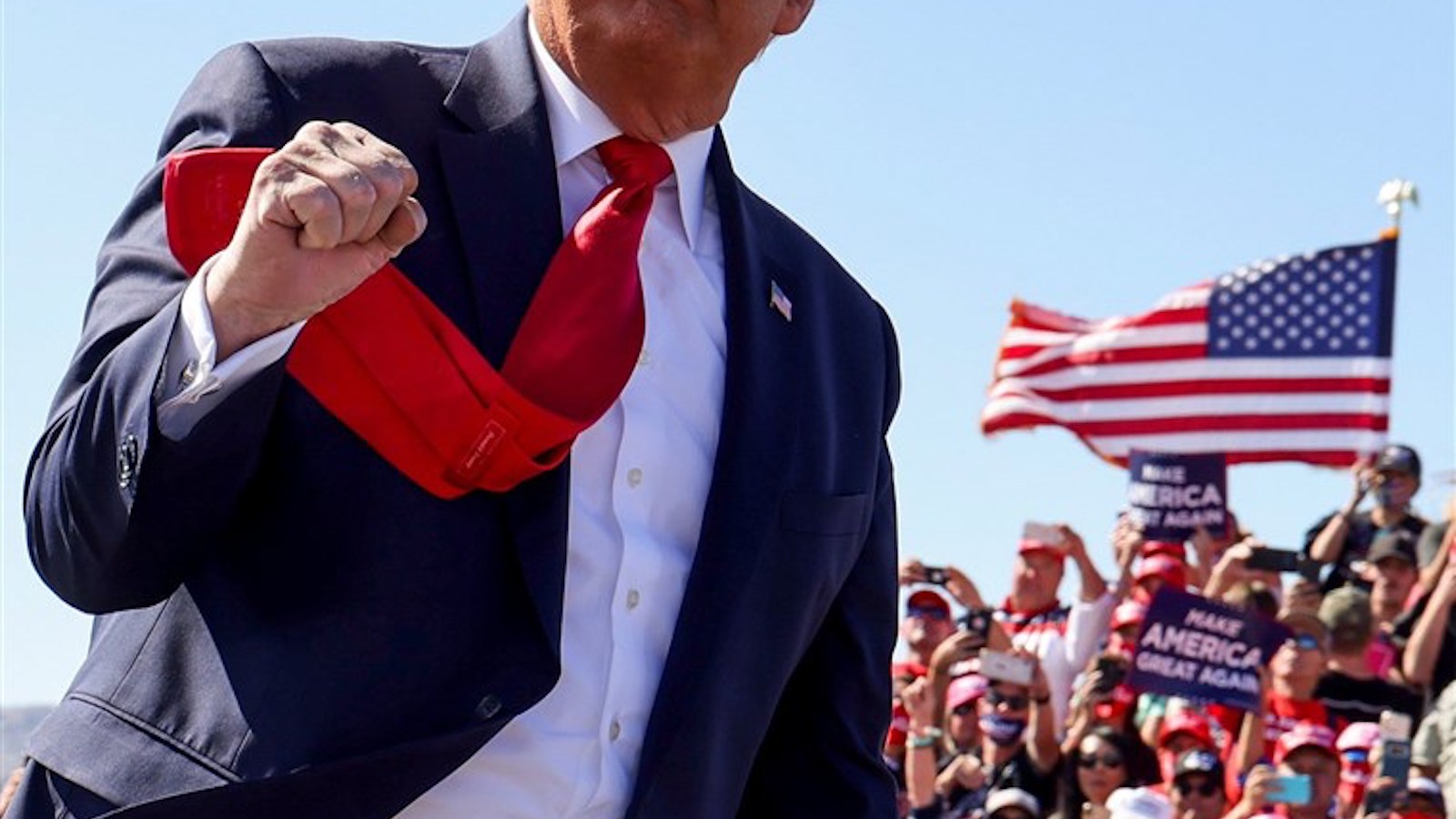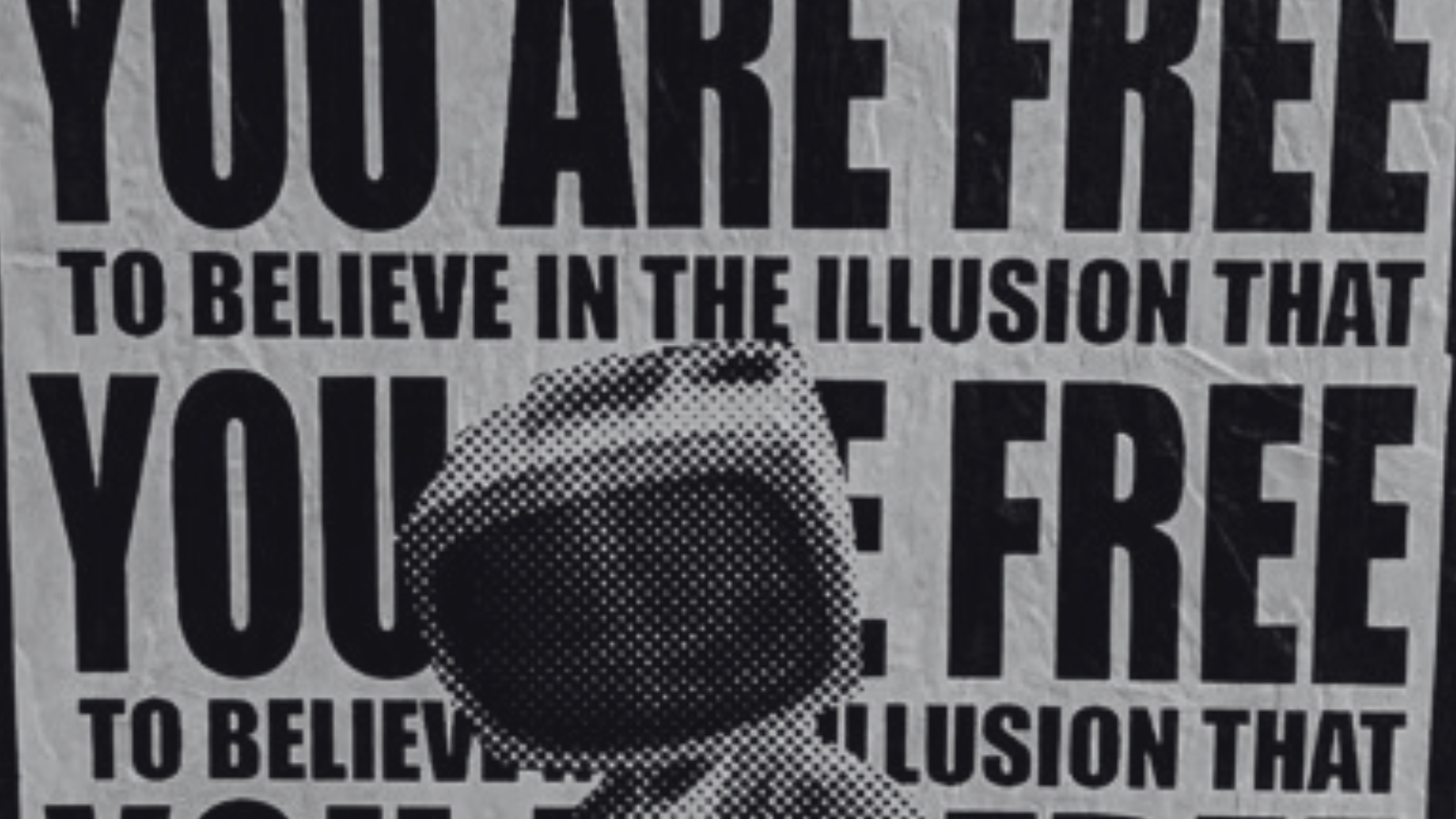
The Presidency Has Become Too Powerful
Imagine having your hopes, dreams, and deepest fears tied to the person who heads up the executive branch of the United States of America.
Imagine having to vote every 4 years “as if your life depended on it.”
That the Presidency has evolved to this level of importance would appall many of the founders of our country. After all, these are men that listed, within the Declaration of Independence, 27 separate grievances against the decisions and actions of ONE MAN—King George III.
Most Americans at that time didn’t favor trading one British monarch for an American one, at least not initially.
There were deep concerns over what the Presidency should look like during the Constitutional Convention; and would the position of President simply be a king by another name? This pitted federalists, who favored a strong central government, against the anti-federalists, who were opposed to that idea.
One anonymous anti-federalist voiced his concerns about the Presidency by writing multiple letters to the Philadelphia Independent Gazetteer under the pseudonym “An Old Whig.”
Below is an excerpt from one such letter:
Patrick Henry, never one to hold back from expressing himself, was also direct in his criticisms of the role of President:
Unfortunately their fears pertaining to a powerful presidency and strong federal government quickly manifested themselves.
First under George Washington, who was charged with putting down the Whiskey Rebellion, and later under John Adams, who signed the Alien and Sedition Acts into law which, among other things, made it illegal to “write, print, utter, or publish any false, scandalous, and malicious writing” against the US Government. First Amendment be damned.
Subsequent Presidents have dipped their toes in despotic waters, while others like Franklin D. Roosevelt, jumped right into the authoritarian deep end by establishing Japanese-American internment camps through an executive order during World War II.
Focusing on more recent history, we all remember that President Obama “had a pen and a phone” and was considered a “socialist dictator” by some on the right. It didn’t help that his administration decided the government should temporarily take a 60% ownership in General Motors during the financial crisis of 2008.
And who can forget that George W. Bush claimed broad presidential powers after 9/11, invaded and occupied Iraq, and was “literally Hitler” while Donald Trump was still hosting The Apprentice.
Which brings us to present day Trumpism, a form of populism that pits “the people” against “the elites,” and can be found on both the right and left side of the political spectrum. Interestingly enough, Bernie Sanders ran a populist campaign parallel to Trump; both promised to reshape American politics as we know it.
After Trump’s surprising victory in 2016, massive protests took place before he took office, and his recent (projected) defeat elicited VE Day-like celebrations.
In a healthy republic, the election of ONE person to ONE branch of government would not elicit these types of emotional reactions, but sadly our republic is anything but healthy.
The increased focus on the executive branch has unsurprisingly coincided with Congress’ complete abdication of their primary law making responsibilities. While I welcome gridlock in Congress, the inability of Congress to seemingly do ANYTHING besides pass spending bills has led to frustrations among a large swath of the electorate who feel their voices are not being heard. This has led to Republican and Democratic presidents bypassing Congress altogether through the use of executive orders to get things done.
These non-legislative victories are fleeting however, because any executive order issued by a president can be reversed by the next one. We are already hearing this from Joe Biden, the presumed 46th President of the United States who plans a “flurry of executive orders” to reverse Trump policies.
Increased use of executive fiat makes each presidential election “The Most Important Election Of Our Lifetime,” as candidates promise to right all the wrongs of the previous administration.
This cycle must be broken. It’s time to make presidents irrelevant again.
One way to accomplish this is through an increased emphasis on federalism. This allows states to function more autonomously and would be more in line with how states operated under the Articles of Confederation before the ratification of the US Constitution.
It is under this political environment that the “will of the people” can be more adequately addressed where it matters the most—closest to home.
Of course authoritarianism can be found at the state level too, as evidenced by the incredibly draconian lockdowns enacted by state governors. That said, you can at least air your grievances to a state governor and legislature that is positioned much closer to home, as opposed to petitioning some far away regime in Washington, DC.
Ultimately, if all grievances go unanswered, your last recourse could be to pack up and leave your state. While that is not an easy solution, leaving the country is a heck of a lot harder.
America has grown too large and too ideologically diverse to expect a central authority to address the needs of all its citizens. 76 million people voted for Joe Biden, 71 million people voted for Donald Trump. For everyone to feel as though they are being represented, we must begin to decentralize power away from Washington, DC and empower local and state governments to address the needs of its citizens.
Failing to do so will only give populism an even stronger foothold in America.
Free the People publishes opinion-based articles from contributing writers. The opinions and ideas expressed do not always reflect the opinions and ideas that Free the People endorses. We believe in free speech, and in providing a platform for open dialogue. Feel free to leave a comment.




Abe
says the party that wants control of the presidency, the house, the senate, and the stack the supreme court so it will never have a republican advantage. then, they want to do away with the constitution, and then that takes away our 2nd ammendment rights, and they confiscate 330 million guns. then, the one world order will fall into place. it is all happening before our eyes. if they get the senate on january 5, you will watch all of this happen.